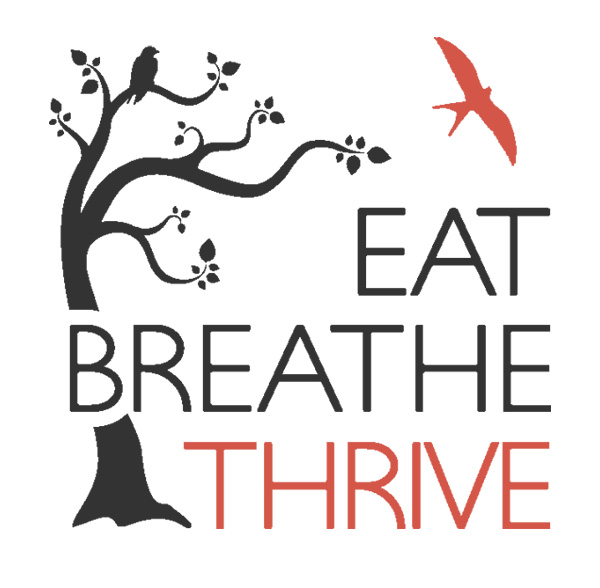
Our eating disorder support groups and yoga courses are always available for FREE.
Looking for support with an eating disorder? Our groups offer a safe space to connect with others who understand what you’re going through. Led by experienced facilitators, we focus on sharing experiences, offering support, and learning practical tools for recovery. Join us to find understanding, strength, and real support on your journey.
Yoga & Recovery Chats
Connect with others in recovery, get inspired, and practice yoga for eating disorder recovery.
Yoga For Eating Disorder Recovery
Learn how yoga can help you cope with anxiety, connect with your body, and accept yourself.
How We Recover:
Panel Discussion
Get all your questions about eating disorder recovery answered by people with lived experience.
This is life after an eating disorder.
You are not alone.
Frequently Asked Questions
-
It’s not uncommon for loved ones to notice changes in our behavior before we do. If your family and friends are concerned, it’s worth taking a closer look at your relationship with food and your body. Eating disorders often sneak up on us - it’s not like we set out one day and thought, “I think I’m going to develop an eating disorder!” They may begin as an intention to eat healthy, exercise more, or just as a way of giving ourselves comfort in a stressful time.
But if you find that your thoughts about food, eating, or your body are consuming a lot of your time and energy, it might be a sign of something more serious. Eating disorders are serious conditions, and no one gets better by themselves. If you loved ones are concerned, it's a good idea to visit a healthcare professional who can provide a proper assessment and support. Acknowledging there might be a problem is one of the hardest steps in recovery, but it's the first step towards getting better.ription text goes here
-
Absolutely, recovery from an eating disorder is possible. While the journey can be challenging, many people have successfully overcome their struggles and gone on to lead healthy, fulfilling lives. Recovery doesn’t always mean the thoughts or urges disappear entirely, but it does mean gaining the tools and support to manage them effectively.
It’s important to remember that recovery looks different for everyone. It often involves a combination of therapy, nutritional counseling, medical care, and support from loved ones. Some days will be harder than others, but with persistence and the right help, significant and lasting change is achievable.
The key is to take it one step at a time and be patient with yourself. Surround yourself with supportive people and professionals who understand what you’re going through. Consider signing up for a support group or one of our free yoga courses, so you can learn practical resources and have some accountability on your journey. Recovery isn't easy, but it is so worth it, and you don’t have to do it alone.
-
Recovery from an eating disorder is a deeply personal journey, and the timeline can vary widely from person to person. What’s crucial is to focus on steady progress rather than a specific timeframe. The recovery process is not linear; there are often setbacks and plateaus along the way, and that’s okay.
For many of us, recovery happens in stages and includes different dimensions. It often begins with stabilizing your physical health, such as restoring a healthy weight and addressing any immediate medical concerns. Unfortunately you can't skip this part! It's nearly impossible to do the psychological work of recovery when we're malnourished or physically unstable.
The latter stages of recovery involve changing behaviors, developing new ways of coping, and shifting how we relate to food and our bodies. This can be really difficult if your eating disorder has been with you for a long time, and for some of us it feels like we're just going through the motions. It's important to be patient with yourself, lean into your treatment team, and surround yourself with supportive people. Eating disorder support groups can be really helpful during this stage!
As time progresses and you build new skills, it does get easier. Remember, recovering from an eating disorder is a journey, not a race. You will emerge a stronger, healthier, more resilient person because of it. No matter how long you have been ill or how many relapses you've had, you can recover and have a happier and healthier life.






What is distress tolerance, and what is it’s role in DBT? Why overcontrolled individuals may need a different approach. Explore distress tolerance skills and RO DBT strategies to enhance emotional resilience and connection.